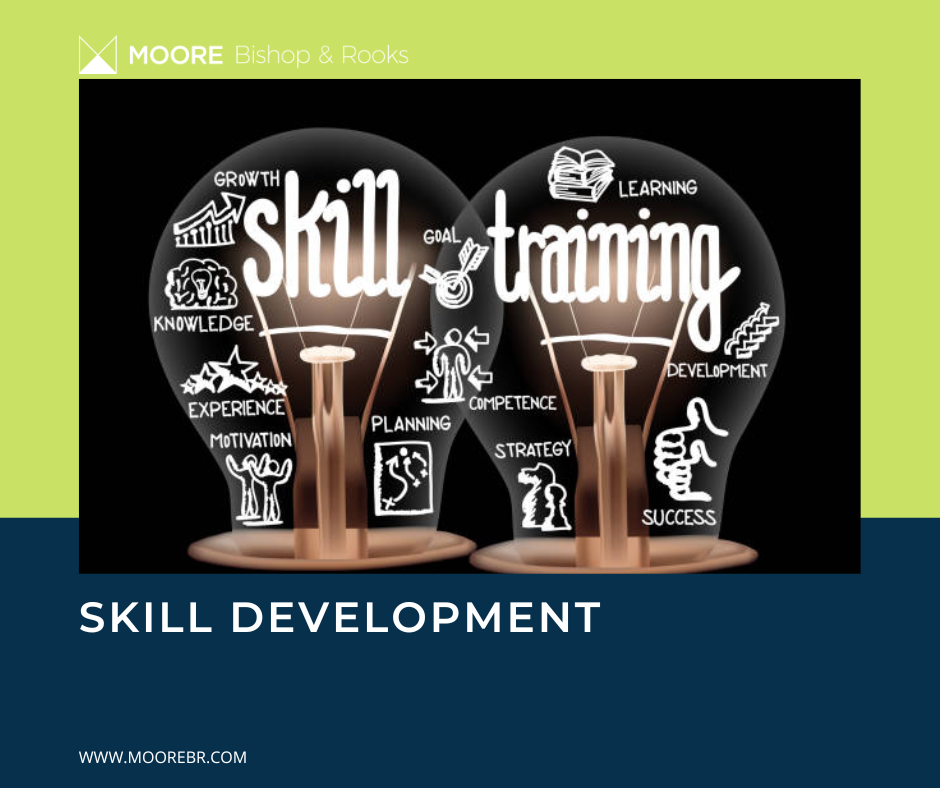Skill development is referred to as the productive capabilities acquired through learning, either formal or non-formal, and on-the-job training. To succeed in the labor market, one needs a comprehensive set of skills, such as:
Digital Skills: The ability to safely and appropriately access, manage, understand, communicate, and create information.
Socioeconomic Skills: The ability to effectively navigate interpersonal and social situations.
Technical Skills: This is the acquired knowledge, expertise, and interactions needed to perform a specific task, including the mastery of tools and technology.
Cognitive Skills: This is the ability to understand complex ideas and learn from experience and reason.
Skill development can help structural transformation and economic growth by increasing employability and labor productivity and assisting businesses in becoming more competitive. Many employers in developing countries report that a shortage of skilled workers is a major hindrance to their operations.
Some of the key issues that countries should focus on for skill development are:
Quality: This can be described as the degree of excellence of something or someone. For every individual that has acquired or is in the process of acquiring skills, we must bear in mind that the quality of such skills is essential. It is not enough to acquire such skills; we must ensure that we concentrate and bring out the best in them. Another point worthy of note is that as times change, we must maintain the flexibility to upgrade such skills to avoid obsolescence.
Relevance: Technical and vocational education and training, which can last anywhere from six months to three years, can give young people, the skills to compete for better-paying jobs. Nevertheless, more needs to be done in terms of engaging local employers to ensure that the curriculum and delivery of these programs respond to labor market needs.
Efficiency: Challenges related to governance, financing, and quality assurance also impact the efficiency of skills development programs. The resulting unnecessarily high costs can limit opportunities for disadvantaged youth and adults to access these programs
Access and Completion: Across the world, investments in education and skills development from preschool through post-secondary education to vocational training have high returns. Furthermore, many students who manage to enroll in education or training programs do not complete their studies and miss out on obtaining formal qualifications, which can dramatically reduce the return on educational investments in terms of a lifetime earning potential. Therefore, I want to emphasize that skill acquisition and development can reduce unemployment, increase productivity, improve standards of living, and promote mastery in the chosen field. It goes as far as impacting the ambiance of nations and the citizens at large.
